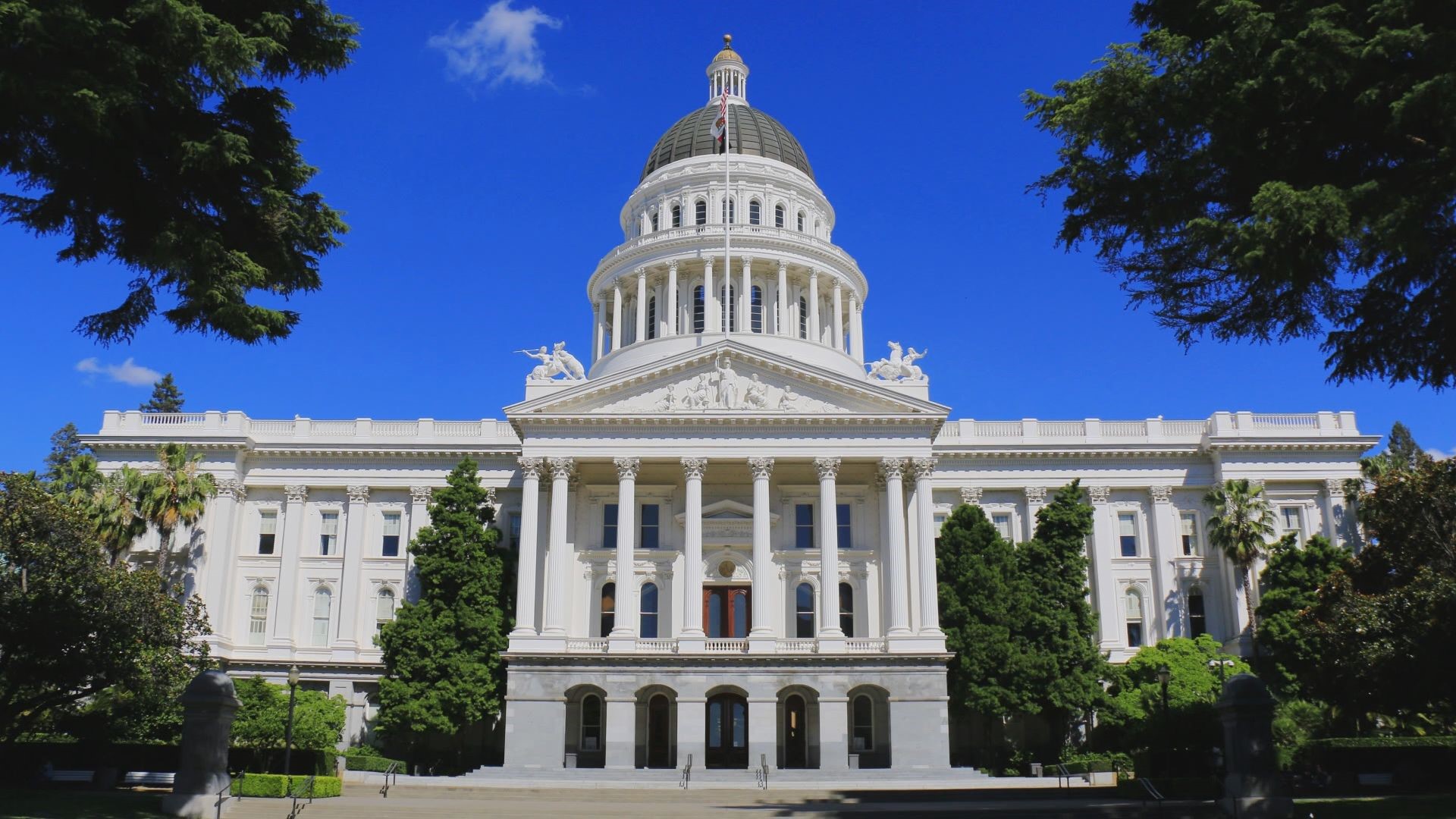CALIFORNIA, USA — This story was originally published by CalMatters.
Nonprofit health clinics, tribal organizations and other community groups are renewing their push for a $100 million per year health equity and racial justice fund after Gov. Gavin Newsom left it out of the state budget last year.
Democratic lawmakers had included the fund in their version of the state budget last year as part of a broader public health package focused on reducing racial disparities. Supporters noted how COVID-19 has exacerbated long-standing health inequities with a disproportionate number of Black and Latino residents experiencing higher rates of illness and death.
But even as Newsom authorized $300 million per year in new funding for state and local public health departments, the final budget left out the health equity and racial justice fund, leaving advocates disappointed.
These groups say they should be considered part of the state’s public health infrastructure since they play a crucial role in reaching underserved communities. They argue that they have helped reduce the spread of COVID-19 by educating people about testing and the importance of getting vaccinated, as well as conducting their own contact tracing.
“To me, that’s shirking his moral and political responsibility to protect the health of low-income communities in California,” said Harold Goldstein, executive director of Public Health Advocates, a California nonprofit that promotes health equity.
Advocates are now hoping Newsom will use a share of California’s $45.7 billion surplus to authorize the fund.
“I am hopeful that through budget negotiations, the Legislature and our supporters will be able to convince the governor to appropriately invest in community-based organizations,” said Ron Coleman, policy director for the California Pan-Ethnic Health Network, a statewide coalition of health organizations.
So far, Newsom doesn’t appear inclined to create a dedicated health equity fund. In his January budget, his administration proposed redirecting a portion of tax savings from nonprofit hospitals to address health equity. It’s unclear how much that could generate for clinics, tribal organizations and community groups.
A spokesperson for Newsom said that his budget “recognizes the significant contributions of community-based organizations” to the overall health of our communities.
Los Angeles Democratic Assemblyperson Mike Gipson, who has been spearheading the drive for a health equity fund, worries that the reallocation is simply robbing Peter to pay Paul.
“I don’t want to do that,” Gipson said. “We have the money. The time is now.”
Gipson said the pandemic has reinforced what Californians already knew: that Black, Latino, Pacific Islander and Native American communities were more vulnerable to the virus and suffered higher mortality rates than whites.
“I want us to get off this list,” said Gipson. “We can no longer hide our heads in the sand.”
Senate Pro Tem Toni Atkins did not say whether she would include the fund again. Atkins has said the Senate’s priority will be to “create a healthier, more sustainable and equitable California.”
Health clinics, tribal organizations and other community groups say they could use state grants from a health equity and racial justice fund to benefit the communities that need help the most.
They say these groups have played a critical role over the last two years, running their own contact tracing, educating communities about testing and operating vaccination drives. In addition, they help people enroll in safety net programs, distribute food and provide financial education and other forms of assistance.
Amid anti-Asian sentiment, because the outbreak originated in China, NICOS Chinese Health Coalition, a nonprofit community partnership in San Francisco, used a $30,000 grant from the city to escort elderly Chinese residents to doctor's appointments.
“Community groups need to be at the forefront of tackling health equity and racial justice because they have the trust of the community,” said Rod Lew, executive director of Pacific Partners for Empowerment, Advocacy and Leadership, a network of over 1,200 community organizations working toward health justice across the country.
A report from the American Public Health Association found that community-based organizations can often amplify community concerns and, in coordination with public health departments, contribute to more effective policy solutions.
One organization that could benefit from a racial justice fund is Healthy Hearts Institute in Pittsburg, Contra Costa County. The nonprofit works to reduce the high rate of diabetes among Black Californians. It serves residents in the low-income neighborhood of El Pueblo with nutrition classes, exercise boot camps and distributes fruits and vegetables from a community garden.
“The people closest to the problem should be the people closest to the solution,” said Ray Harts, who founded the institute after working in tech.
A study from the National Institute of Health found that Black adults were twice as likely as white adults to get Type 2 diabetes, largely because Black populations are more likely to be food insecure, or less likely to access or afford fresh food.
While Healthy Hearts receives charitable donations, Harts said he could do much more with state funding. Currently, the nonprofit can only pay two workers $15 an hour, 15 hours a week.
“If I had the money to hire people,” Harts said. “We could grow our organization and we could find out if what we are trying to do actually works.”
This article is part of the California Divide project, a collaboration among newsrooms examining income inequality and economic survival in California.



















